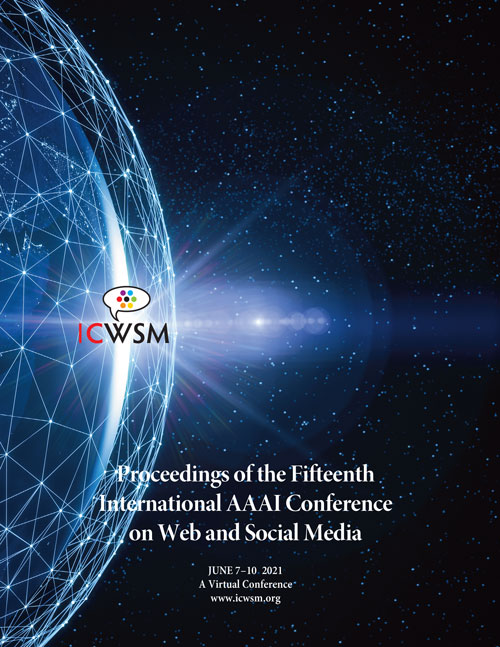Web Routineness and Limits of Predictability: Investigating Demographic and Behavioral Differences Using Web Tracking Data
DOI:
https://doi.org/10.1609/icwsm.v15i1.18064Keywords:
Social media usage on mobile devices; location, human mobility, and behavior, Engagement, motivations, incentives, and gamification., Trend identification and tracking; time series forecasting, New social media applications; interfaces; interaction techniquesAbstract
Understanding human activities and movements on the Web is not only important for computational social scientists but can also offer valuable guidance for the design of online systems for recommendations, caching, advertising, and personalization. In this work, we demonstrate that people tend to follow routines on the Web, and these repetitive patterns of web visits increase their browsing behavior's achievable predictability. We present an information-theoretic framework for measuring the uncertainty and theoretical limits of predictability of human mobility on the Web. We systematically assess the impact of different design decisions on the measurement. We apply the framework to a web tracking dataset of German internet users. Our empirical results highlight that individual's routines on the Web make their browsing behavior predictable to 85% on average, though the value varies across individuals. We observe that these differences in the users' predictabilities can be explained to some extent by their demographic and behavioral attributes.Downloads
Published
2021-05-22
How to Cite
Kulshrestha, J., Oliveira, M., Karaçalık, O., Bonnay, D., & Wagner, C. (2021). Web Routineness and Limits of Predictability: Investigating Demographic and Behavioral Differences Using Web Tracking Data. Proceedings of the International AAAI Conference on Web and Social Media, 15(1), 327-338. https://doi.org/10.1609/icwsm.v15i1.18064
Issue
Section
Full Papers

